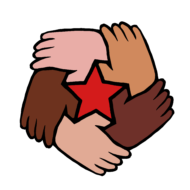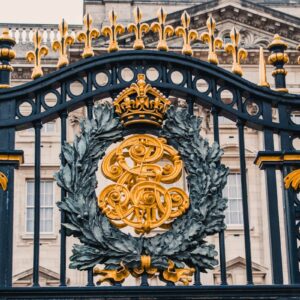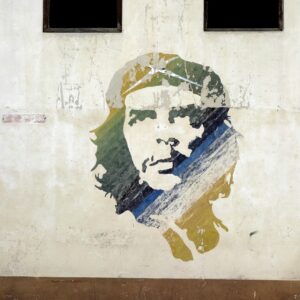The Dictatorship of the Proletariat (DotP) is one of the fundamental concepts in Marxism. It doesn’t describe the dictatorship of a single person or a small group, but rather the dictatorship of a whole class over the rest of society.
Marxists define class as being based on a person’s relationship to the Means of Production. The proletariat is a class that is forced to sell its labour power to capitalists in order to survive, because its members don’t own the necessary buildings, machinery, and raw materials to produce goods themselves. Capitalists are a class that own the Means of Production and live off the profits that they make from renting the labour power of the proletariat.
In every class based society, the separate classes necessarily have opposing interests. The proletariat wants to receive the full value of their labour, while the capitalist wants to pay them as little as possible. The proletariat wants leisure time, while the capitalist class wants them to do as much work as is profitable.
Because the desires of the separate classes are irreconcilable without coercion, one class must become the ruling class and impose its will upon the others. They do this by taking control of the institutions of physical and ideological coercion (the state.)
Marxists call this coercive control by one class over the others a dictatorship. In all capitalist countries, there is a Dictatorship of the Bourgeoisie (capitalist class.) This means that the institutions of ideological and physical coercion serve the interests of the capitalist class.
This is true even in liberal democracies. These countries merely pretend to be democratic while limiting the change that’s actually possible to those changes that are acceptable to the capitalists. Meanwhile, they indoctrinate their populations with liberal ideas, in order to make their system seem like natural common sense.
In a Socialist country, the proletariat becomes the ruling class and uses its power to suppress Capitalism, through force where necessary, and through spreading socialist ideas. We call this a Dictatorship of the Proletariat.
Is a Dictatorship of the Proletariat really necessary?
“Between capitalist and communist society there lies the period of the revolutionary transformation of the one into the other. Corresponding to this is also a political transition period in which the state can be nothing but the revolutionary dictatorship of the proletariat.” – Marx, Critique of the Gotha Programme
Socialism is by definition a transitional period, where the economic and social life of society are reorganized in a way that benefits the vast majority. In order to do that, the proletariat has to wrest power, piece by piece, from the capitalist class, who aren’t willing to part with it.
For as long as capitalist production remains in the economy, capital will seek to expand. If we want to eliminate capitalism completely and keep it eliminated, the proletariat needs to control the state and use its power to keep the capitalists in check.
This isn’t a theoretical exercise. We have countless examples of capitalists and their allies trying to restore power by violence or corruption over the past couple of hundred years. After the October Revolution, 14 capitalist countries invaded the Soviet Union in support of restoring the tsar to power, and of recapturing the power to invest in the Russian Empire. When Salvador Allende was elected in Chile and tried to implement Socialism through the existing political apparatus, he was overthrown in a violent coup. The coup was led by his country’s liberal politicians and military, and supported by the US.
If we want to defend socialism in any country, we need to create a state where the proletariat is able to suppress both fascists and those who would work with them to reintroduce the control of capital over society.
Recommended reading:





